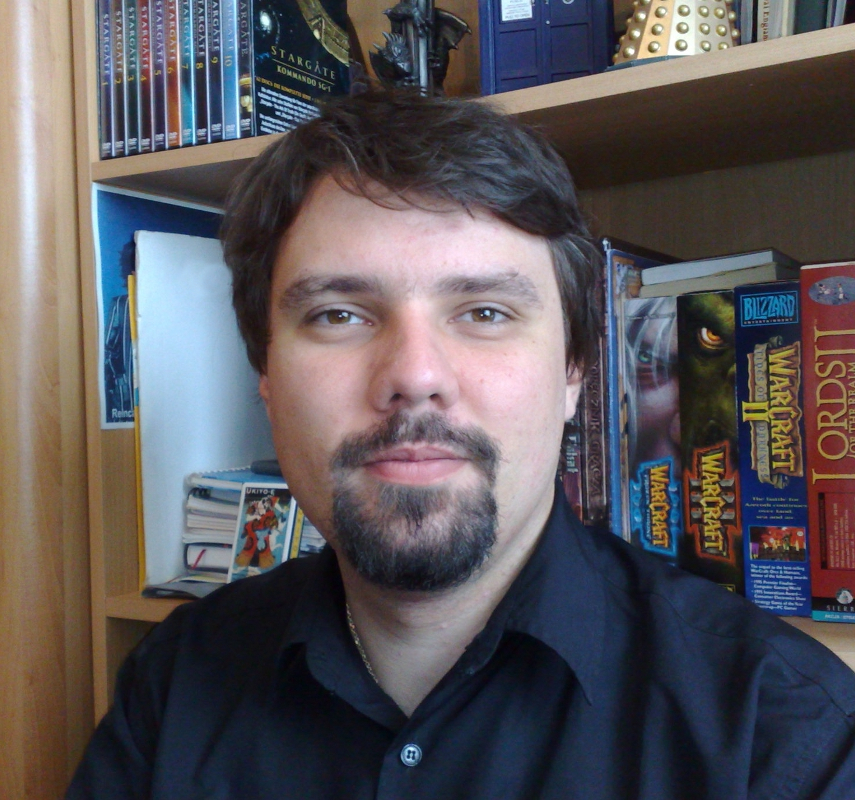
Miłosz Markocki, Ph.D. is an independent researcher based in Toruń, Poland, whose expertise and research concerns fantasy fiction and online gaming (especially massively multiplayer online role-playing games), as well as the related communities. He is the co-author of the monograph Gameplay, Emotions and Narrative: Independent Games Experienced, as well as several peer-reviewed journal articles about online gaming and machinima videos. He is also the author of book chapters concerning game mechanics, storytelling, and various aspects of gameworld design (including cultural framework features), as well as online player communities and related culture.
Magical and Magic Identities in Games
FROG 2021 – Talk
Magic, magical qualities and phenomena, and magical items are often featured in various types of games. They can be depicted in a plethora of different ways, and be used as narrative or world building tools in game texts. Magic in games can be discussed and analysed as a game mechanic that influences the gameplay—for example when the player’s avatar is brought back to life because resurrection magic exists in the game world—or as the main plot point around which the entire story of a game is based on—such as in the case where the player has to fulfil various tasks in the game to lift an evil curse. This paper will focus primarily on magic as an element that facilitates the creation and development of different identities in a variety of games, as well as on the different ways of depicting, defining and classifying magic and the manner in which they influence potential individual and group identities in specific games. Based on examples of tabletop role-playing games and digital games, the paper will explore and analyse the way in which games depict and define diverse types of magic influencing and shaping the identities of singular entities, as well as larger groups, communities, classes, and even entire races of beings.









